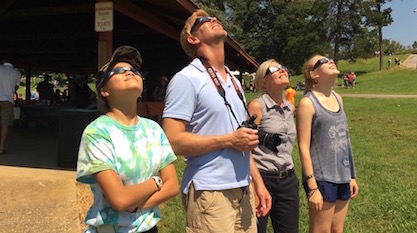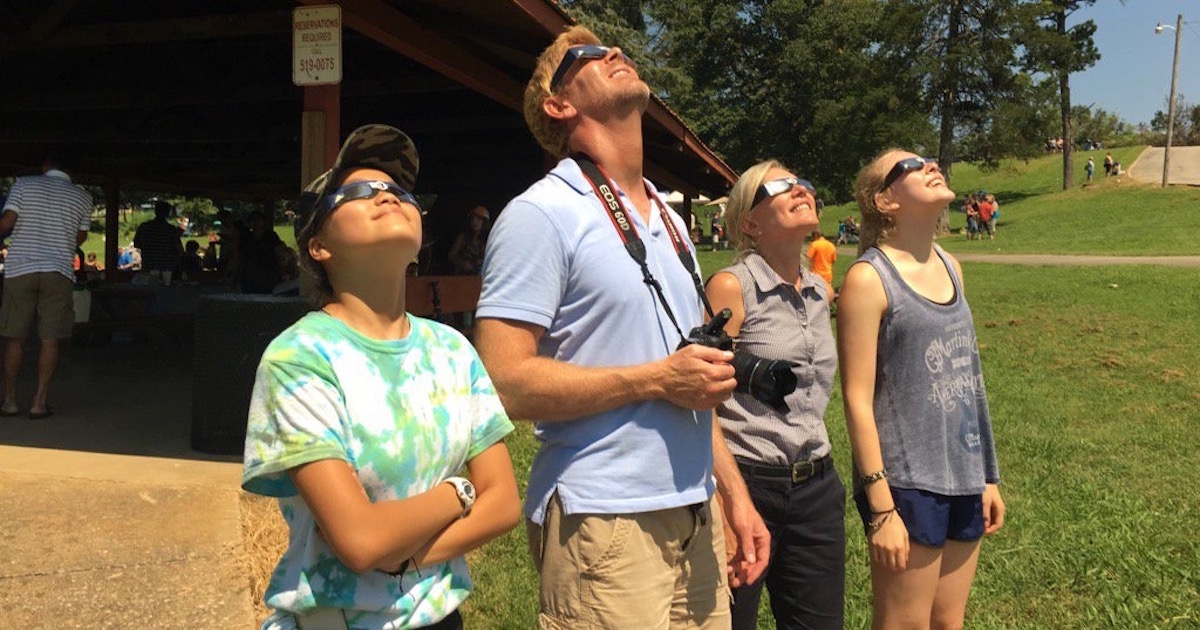 Physics, Earth & Space
Physics, Earth & Space
I Saw the Eclipse, and I Want More! Now What?


Did you purchase a small telescope for the sole purpose of viewing and/or photographing the August 21 solar eclipse? Or, did you just take in the awesome beauty of totality without visual aid? Was your appetite for more things celestial whetted after witnessing the eclipse? Now what?
The beauty of the night sky can be as inspirational and uplifting as a total solar eclipse. Both connect us to the broader universe and stir in us a deep sense of transcendence and purpose. They bring to mind questions like, “Why this?” After all, it’s not logically necessary for us to be able to see the stars or total solar eclipses for us to exist. It seems an extravagance that we can experience these things. Why don’t we live in a universe where we have our basic life needs met, but where we aren’t able to learn much about it? This is the question posed by the Privileged Planet thesis.
Most of us live in cities with poor views of the night sky, but we also have the means to travel to dark locations. Many who camped in national and state parks in preparation for the August 21 eclipse during the preceding weekend witnessed dark moonless nights. They had views of the stars, planets, and the Milky Way band, which is prominently placed in the early evening sky this time of year.
Now you want to spend more time viewing the night sky, but you don’t know much about it. Where do you go for help? Here are a couple suggestions. First, look up your local amateur astronomy club and start attending their meetings. There you will find many experienced observers eager to share their knowledge of telescopes and the night sky. Find out when they are planning their next star party. These are usually scheduled near new moon. You don’t even need to bring your own telescope.
You can also educate yourself. Sky & Telescope magazine has free online information for new observers. A computer planetarium program will also be a great help in learning the constellations and locating the planets. Finally, there are several good planetarium apps that literally turn your mobile device into a window to the sky.
Photo: Center for Science & Culture Senior Fellow and Privileged Planet co-author Jay W. Richards takes in the total eclipse of the sun; pictured here five minutes after totality.
